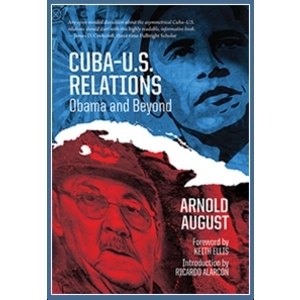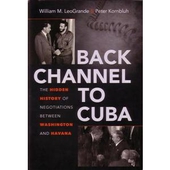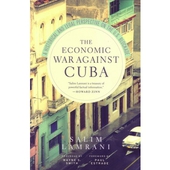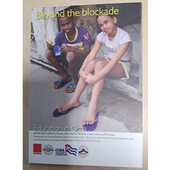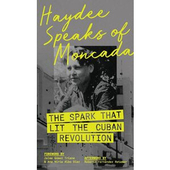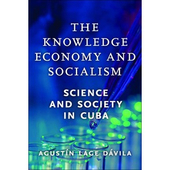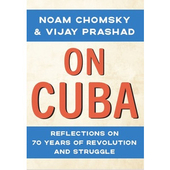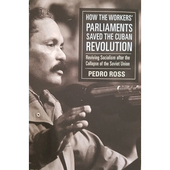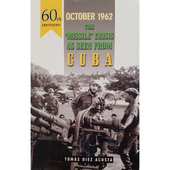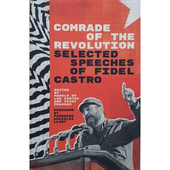Cuba-US Relations: Obama and Beyond By Arnold August
Fernwood Publishing, 2017
“Its bristling anti-imperialism, and comradely criticism of Cuban realities, will delight supporters of Cuba, open many eyes, and raise some hackles.”
Read the review below
£20.90 inc p&p
| Check Basket |
Review:
Cuba-US Relations: Obama and Beyond
By Arnold August, Fernwood Publishing, 2017
Many readers of CubaSí will be familiar with Arnold August’s exhaustive studies of Cuba’s electoral system and its participatory democracy. This book is different. He has become an activist blogger and debater, notably since, on December 17th 2014 (D17), Barack Obama conceded that Cuba had defeated the embargo policy, and revised regime change policy towards Cuba. The book draws directly on August’s constant engagement, in North America and in Cuba, in the resulting polemics. This makes for an exceptionally informative and readable compilation, not least as the chapters are quite brief.
On the one hand, the book unpicks US policy changes since D17, debunking US-centric misrepresentations of Cuban society, and misunderstandings of Obama’s revised regime change strategy. Much of the book is devoted to this material. On the other hand, underpinning the book throughout is August’s grasp of Cuba’s models of democracy and human rights, and of the way polemics about these support a counter-revolutionary Culture War. A great strength of the book is his familiarity with how this war and its ‘infiltration of individualism’ (p147) are disputed inside Cuba, especially in online social networks, among the young, artists, journalists and intellectuals.
August writes as a fighter on the side of the Cuban Revolution, engaging not just with North American but also with Cuban participants in these debates. He interviews prominent revolutionary intellectuals, experts in US relations, not all known for their unswerving loyalty to the party line, who discuss the new battle of ideas. This battlefield is the openings created by Obama, and by Cuba’s own changes including the new private sector, rapidly growing access to the internet, and lifting travel restrictions. August identifies the resulting debating spaces as enabling some Cubans to participate in ways that undermine the Revolution’s social and political cohesion. Readers are reminded of the CIA’s historic tactic of mobilising the non-communist left against communism. Some may be surprised at August’s attacks on ‘the conciliatory tendency in Cuba’ (p174).
The immediacy of August’s engagement enabled him to react swiftly to the death of Fidel Castro and the election of Donald Trump. Fidel Castro’s death unleashed a mudslide of rancid Cold War drivel in the media that August confronts very effectively. Given his concern at how far Obama’s charm offensive in Cuba may have weakened its ideological defences, we might now assume that Trump’s peculiarly misogynist and xenophobic charms have disarmed some in Cuba’s ‘conciliatory tendency’, but Trump might equally produce modified Cuban calls for conciliation when, as expected, he closes some of Obama’s openings. So this is a book that not only provides an accessible analysis of the changes since D17, but that also warns of the urgent need to defend the Republic of Cuba against the US ‘cultural blitzkrieg’ (p215). Its bristling anti-imperialism, and comradely criticism of Cuban realities, will delight supporters of Cuba, open many eyes, and raise some hackles.
Steve Ludlam for CubaSi summer 2017 magazine
